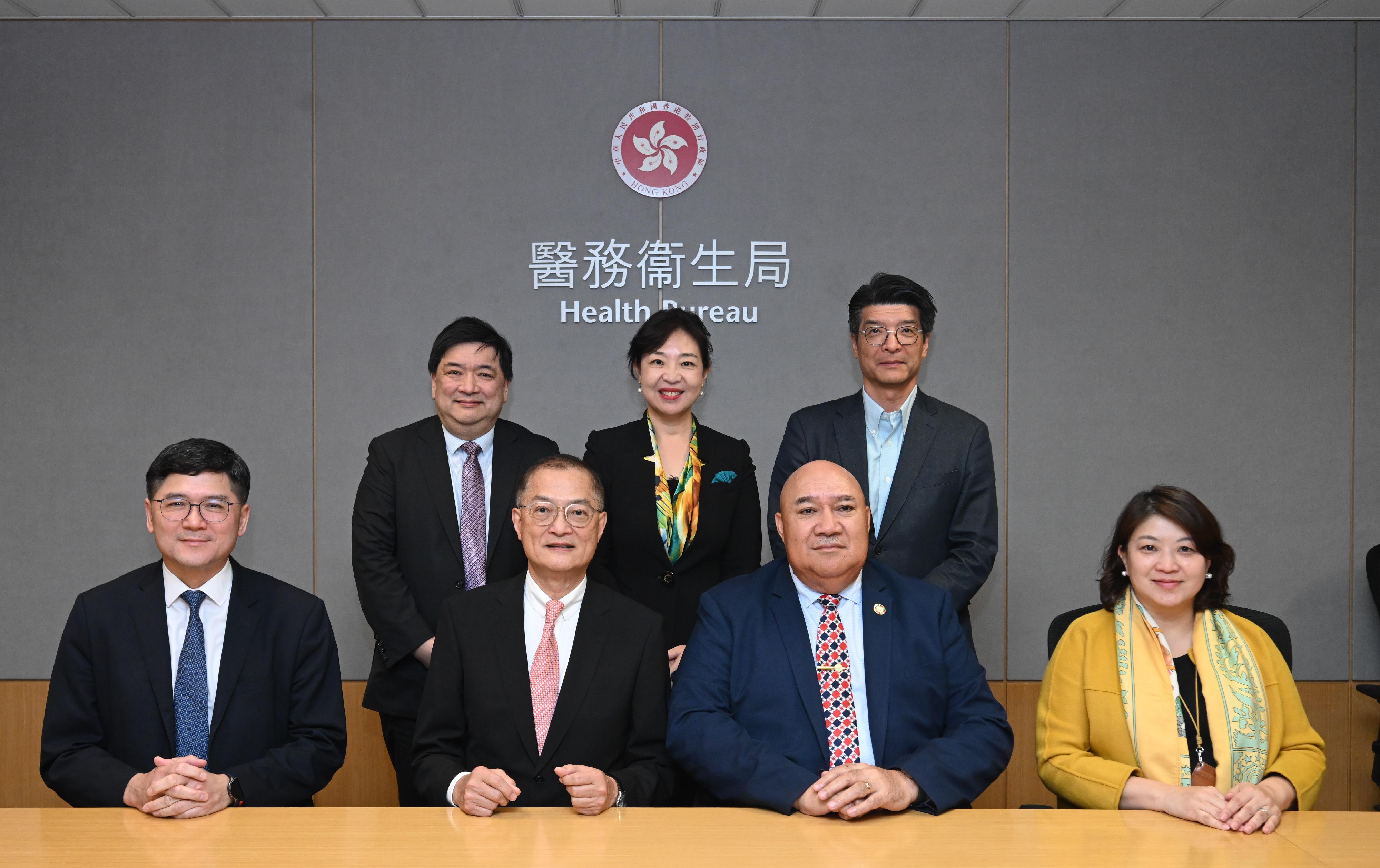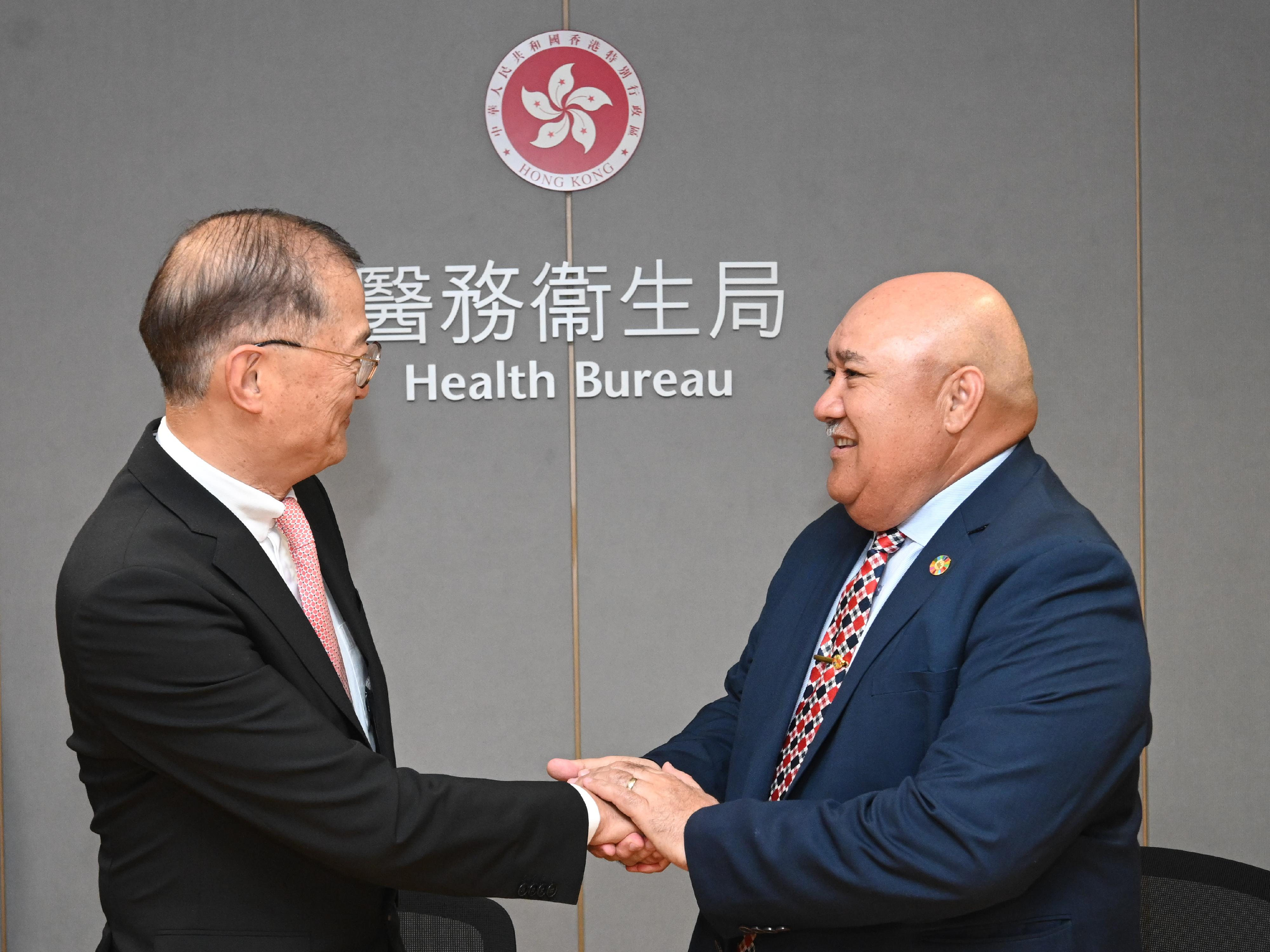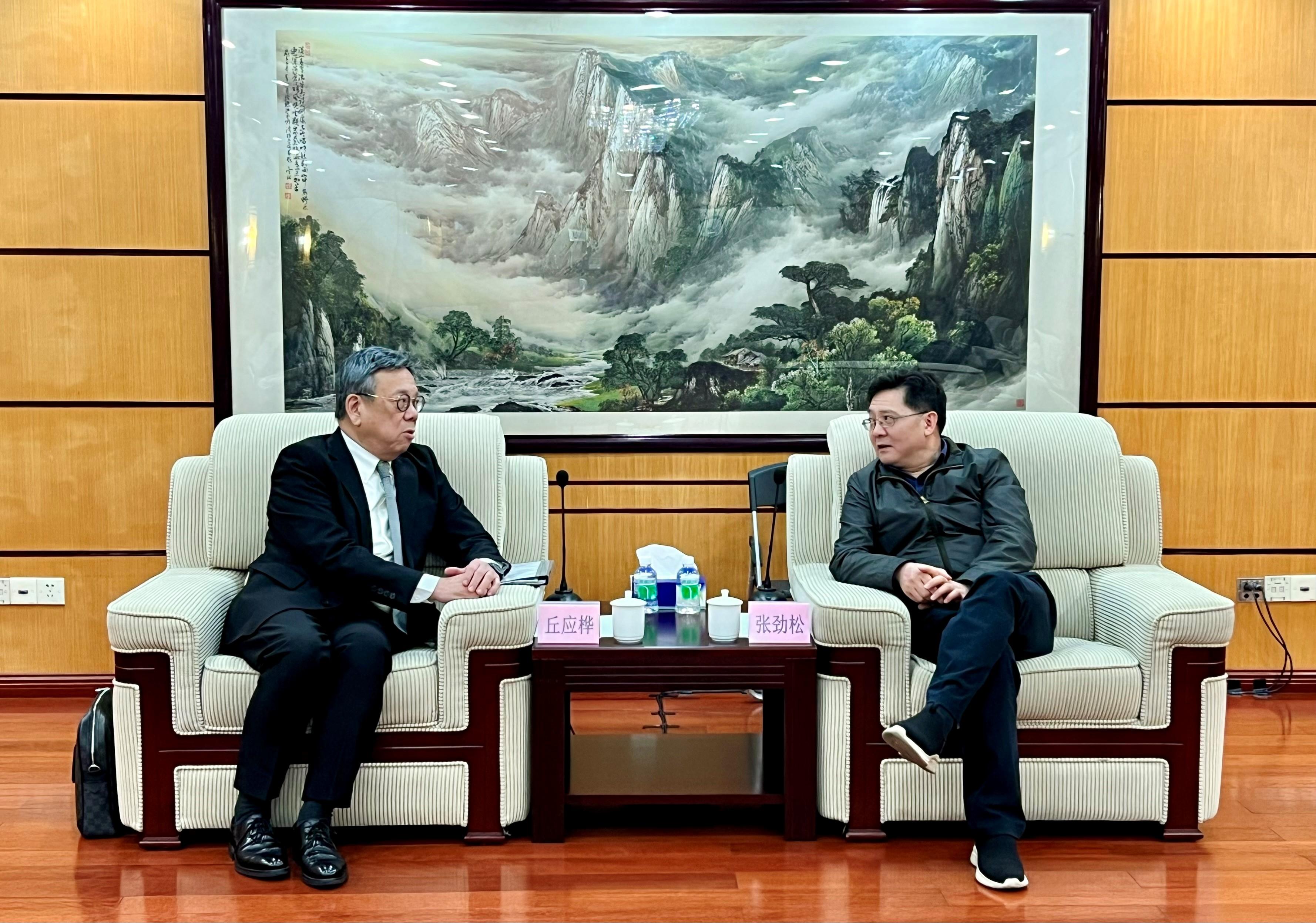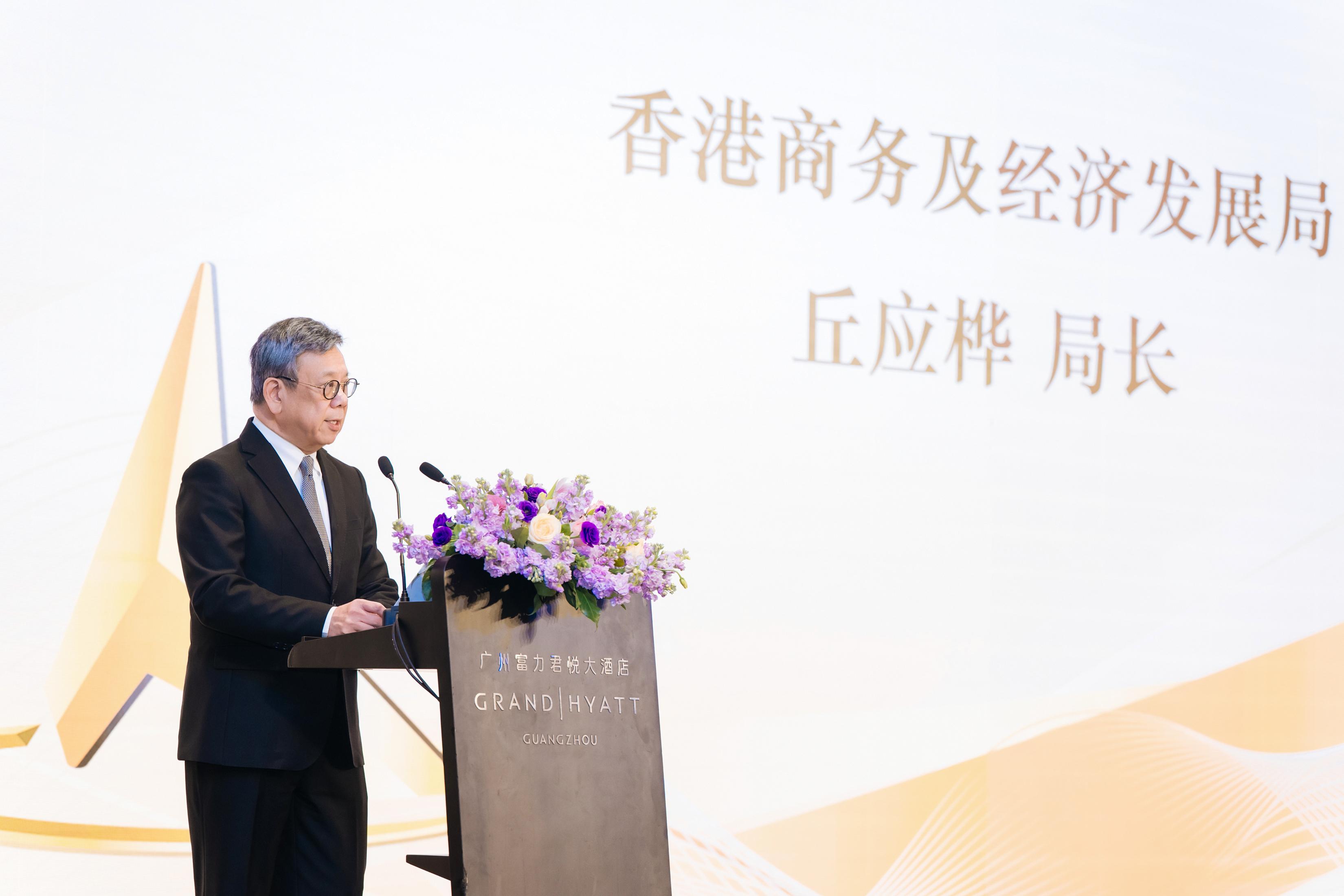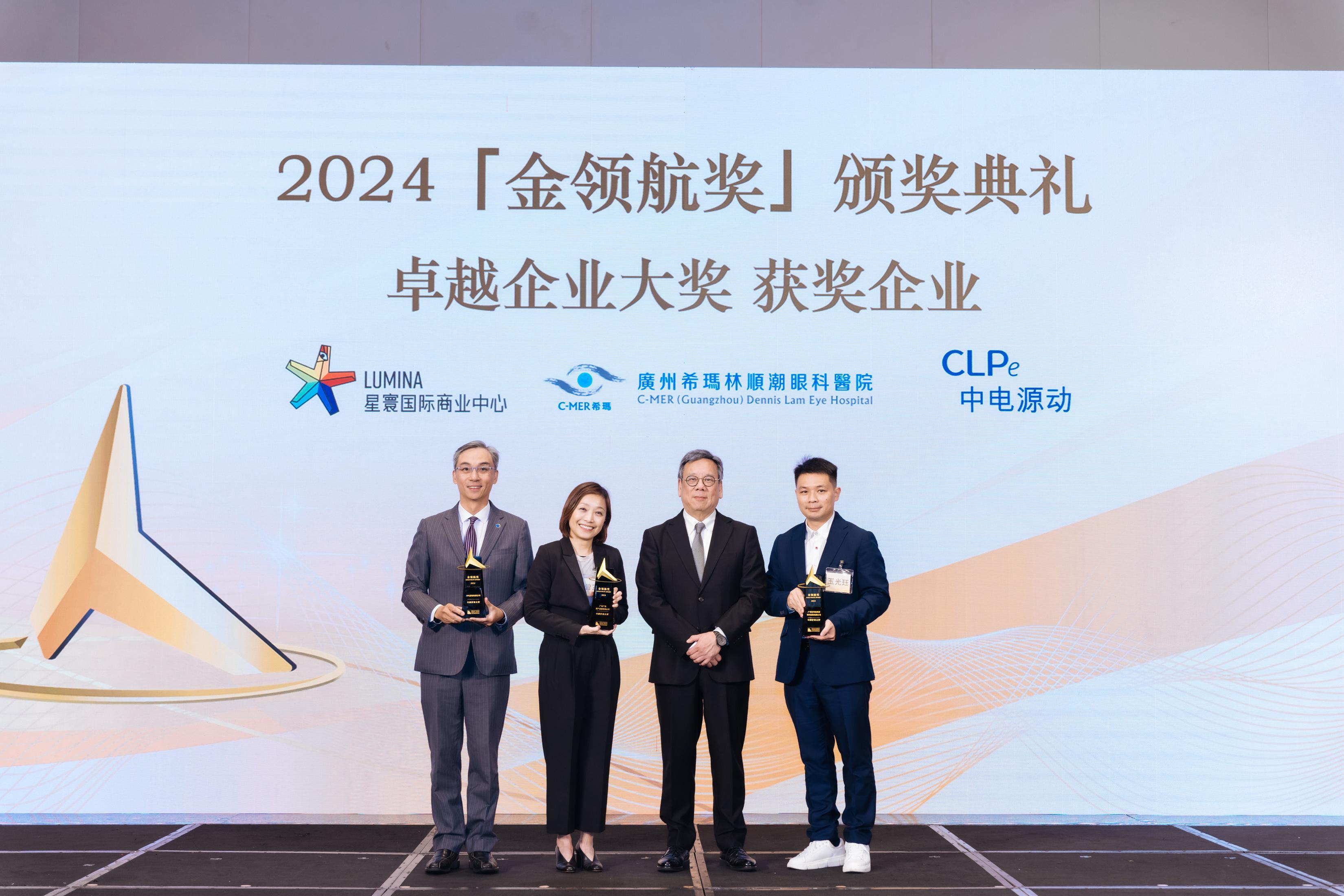CHP responds to media enquiries on cluster of students participating in exchange tour developed gastroenteritis symptoms
In response to media enquiries about a number of students of a secondary school in Sha Tin developed gastroenteritis symptoms after joining an exchange tour to the Mainland, the Centre for Health Protection (CHP) of the Department of Health responded today (March 10) as follows:
"Upon receiving media enquiries late last night (March 9), the CHP took the initiative to contact the secondary school concerned for more information. It was learnt that about 120 teachers and students from the school went on an exchange tour to Shaoguan in Guangdong Province on March 6 and 7. On the day of their return to Hong Kong, two of the students developed acute gastroenteritis (AGE) symptoms in the morning and noon respectively while one of them vomited after alighting the coach in the afternoon. Subsequently, 21 students who participated in the same exchange tour developed AGE symptoms, including vomiting, diarrhea, abdominal pain and fever between March 8 and 10. Nine of them sought medical attention and none required hospitalisation.
The CHP is investigating the source of this AGE outbreak from different aspects, including the possibility of transmission through person-to-person, or contaminated food or environment. The CHP has notified the Guangdong authority on the information of the relevant restaurants. The CHP will continue to follow up the incidents, including collecting stool specimen of patients for laboratory testing and providing advice to the school on infection control measures. The CHP's investigation is ongoing.
Viral gastroenteritis is more commonly seen in cooler months and can be caused by a variety of viruses, most commonly norovirus and rotavirus. The main symptoms of viral gastroenteritis are diarrhoea and vomiting. Other symptoms include headache, fever, and abdominal cramps. In general, the symptoms begin one to two days following infection with a virus that causes gastroenteritis. Depending on the type of viruses causing the illness, however, the symptoms may last for one to 10 days.
Alcohol-based handrub should not substitute hand hygiene with liquid soap and water, as alcohol does not effectively kill some viruses frequently causing AGE, for example, norovirus. To prevent foodborne diseases, members of the public are advised to observe good personal, food and environmental hygiene. When eating out, the following points should be observed:
- Ensure proper personal hygiene;
- Wash hands thoroughly before handling food and eating, after using the toilet or after changing diapers;
- Wear gloves when disposing of vomitus or faecal matter, and wash hands afterwards;
- Clean and disinfect contaminated areas or items promptly and thoroughly with diluted household bleach (by adding one part of bleach containing 5.25 per cent sodium hypochlorite to 49 parts of water). Wash hands thoroughly afterwards;
- Maintain good indoor ventilation;
- Pay attention to food hygiene;
- Use separate utensils to handle raw and cooked food;
- Avoid food that is not thoroughly cooked;
- Drink boiled water; and
- Do not patronise unlicensed food premises or food stalls.
The public may visit the CHP's website for more information and preventive advice on Viral Gastroenteritis."

